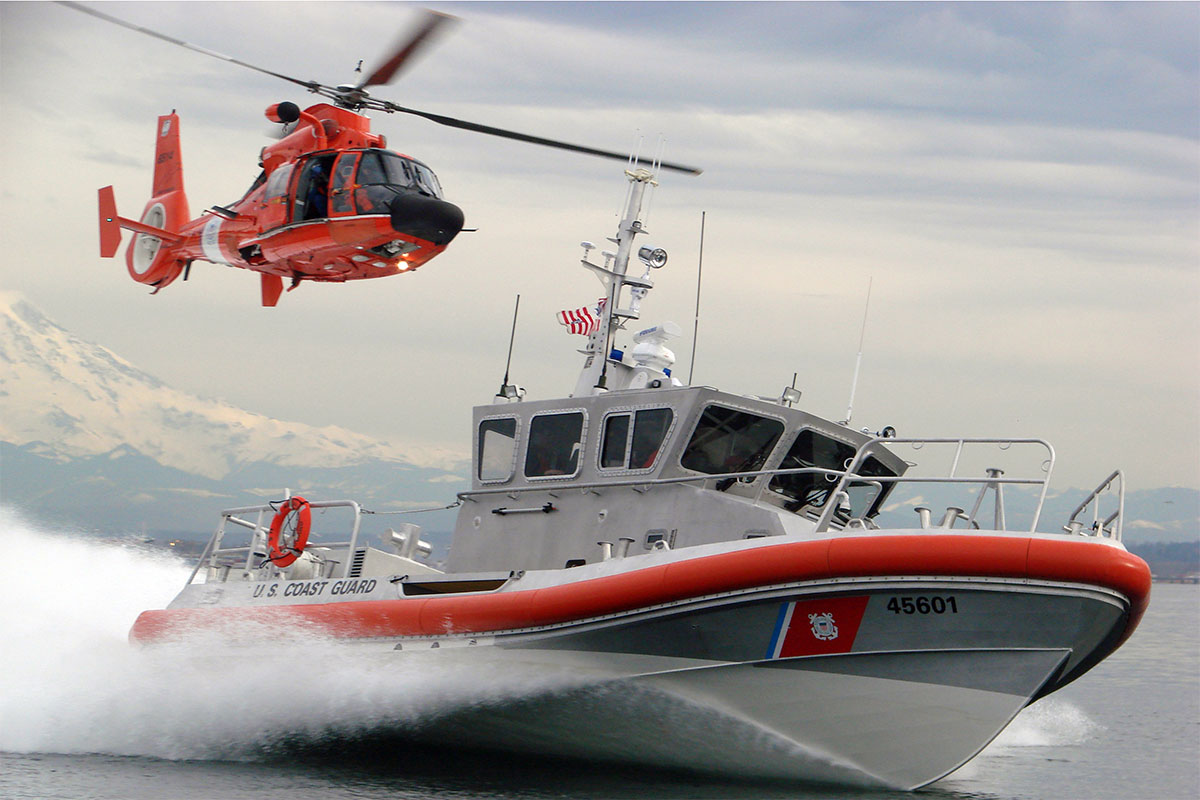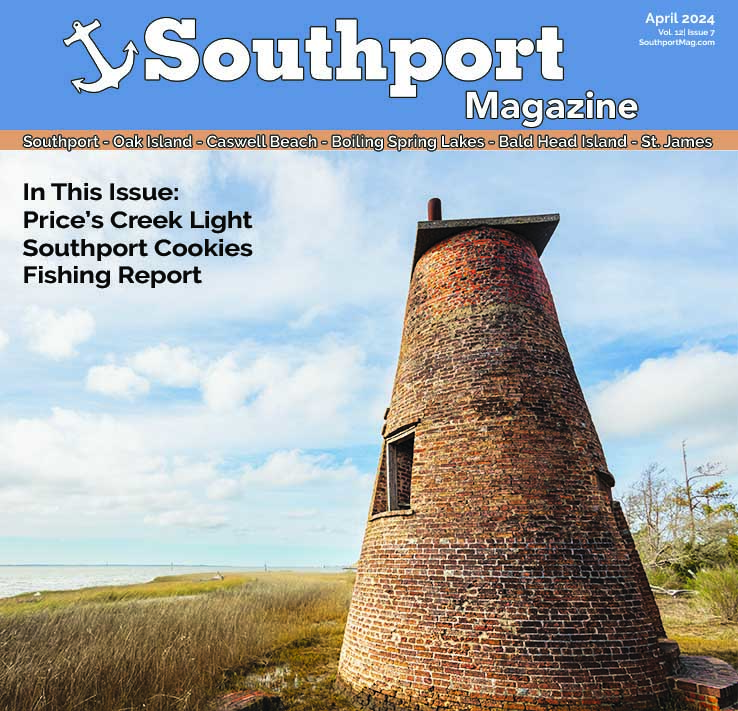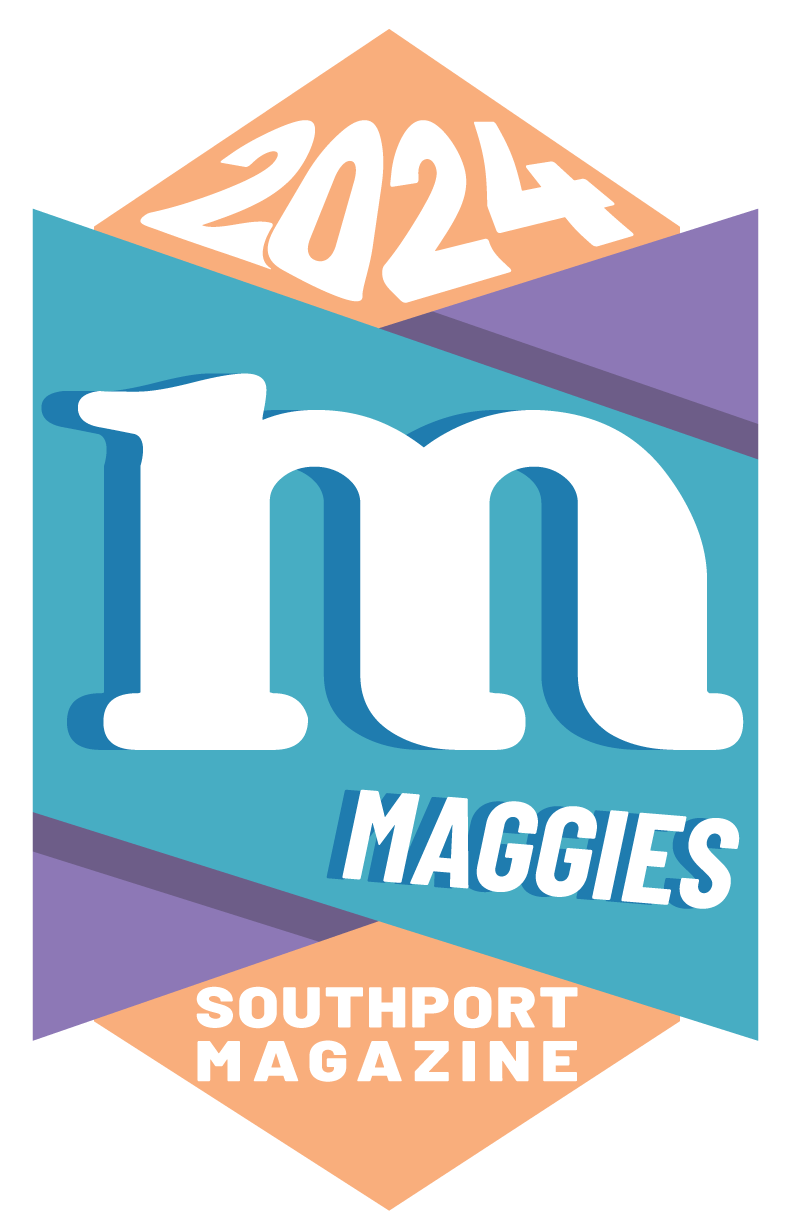Water Safety First

Coast Guard Boating Safety Month
Story by Lisa Stites
One of the things that
One of the missions of the U.S. Coast Guard Auxiliary is to promote boating safety, and that includes teaching boating classes. In 2017, the Coast Guard counted 4,291 accidents that involved 658 deaths, 2,629 injuries and approximately $46 million dollars of damage to property as a result of recreational boating accidents, according to the 2017 Coast Guard’s 2017 Recreational Boating Statistics report. Also, according to the report, where the cause of death was known, 76 percent of fatal boating accident victims drowned, and of those drowning victims with reported life jacket usage, 84.5 percent were not wearing a life jacket.
The Oak Island Flotilla does its part to further the mission of education, teaching boating safety courses throughout the year.
New boat owners and teens anxious to take the helm themselves should plan on spending one short day learning important skills that can lat a lifetime. Even anyone who will be a regular passenger on the family boat can benefit from classes — just because you’re not planning on being in charge out on the water, it doesn’t mean you shouldn’t know what to do in an emergency.
The next “About Boating Safety” course will be held on Saturday, July 13, from 8 a.m. to 4 p.m. at the Brunswick County EMS Headquarters, 40 Naber Drive, Shallotte. The cost is $35 per person or $40 per person if two or more register together. Attendees may pay either by check or cash at the door or via PayPal at the Flotilla’s website, http://wow.uscgaux.info/content.php?unit=054-10-05. This is an all day course with 30-45 minutes for lunch. To register send your name(s) to boatingsafety@ec.rr.com. The next course offered will be September 7.
“About Boating Safety” is a beginner boating class will give you the knowledge needed to obtain a boat license or safety certification in many states, according to the course description on the FLotilla’s website. Many boat insurance companies offer discounts on boating insurance to boaters who successfully complete “About Boating Safety.” Once you’ve mastered the basics, you can check out other courses the Auxiliary offers for more in-depth training.
Topics for the “About Boating Safety” course include the following (as described on the Flotilla website):
Introduction to Boating – Types of power boats; sailboats; outboards; paddle boats; houseboats; different uses of boats; various power boating engines; jet drives; family boating basics.
Boating Law – Boat registration; boating regulation; hull identification number; required boat safety equipment; operating safely and reporting accidents; protecting the marine environment; Federal boat law; state boating laws; personal watercraft requirements.
Boat Safety Equipment – Personal flotation devices (“life jackets”); fire extinguishers; sound-producing devices; visual-distress signals; dock lines and rope; first aid kit; anchors and anchor lines; other boating safety equipment. About Boating Safely
Safe Boating – Bow riding; alcohol and drug abuse; entering, loading, and trimming a boat; fueling portable and permanent tanks; steering with a tiller and a wheel; docking, undocking and mooring; knots; filing a float plan; checking equipment, fuel, weather and tides; using charts; choosing and using an anchor; safe PWC handling; general water safety.
Navigation – The U.S. Aids to Navigation system; types of buoys and beacons; navigation rules (sometimes referred to as right-of-way rules); avoiding collisions; sound signals; PWC “tunnel vision.”
Boating Problems – Hypothermia; boating accidents and rescues; man overboard recovery; capsizing; running aground; river hazards; strainers: emergency radio calls; engine problems; equipment failures; carbon monoxide (CO); other boating and PWC problems.
Trailering, Storing and Protecting Your Boat – Types of trailers; trailer brakes, lights, hitches, tires, and bearings; loading, balancing, and towing a trailer; towing (and backing) a trailer; boat launching and retrieving; boat storage and theft protection; launching, retrieving and storing a PWC.
Hunting and Fishing, Water-skiing and River Boating – Carrying hunting gear and weapons in a boat; fishing from a boat; water-skiing safety guidelines and hand signals; water-skiing with a PWC; navigating rivers, and other boating tips.
Visit http://wow.uscgaux.info/content.php?unit=054-10-05&category=abs for more details on courses offered by the Auxiliary.











Leave a Reply